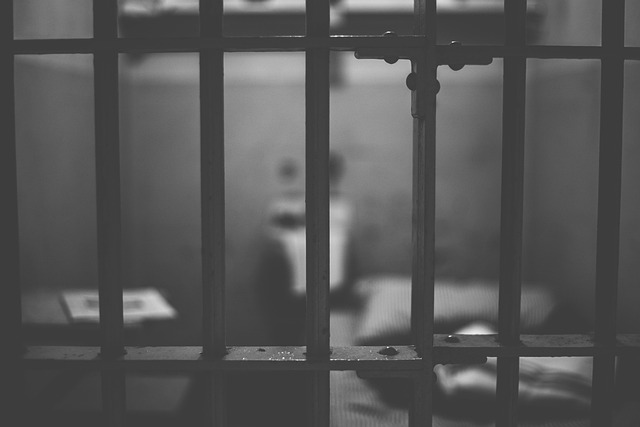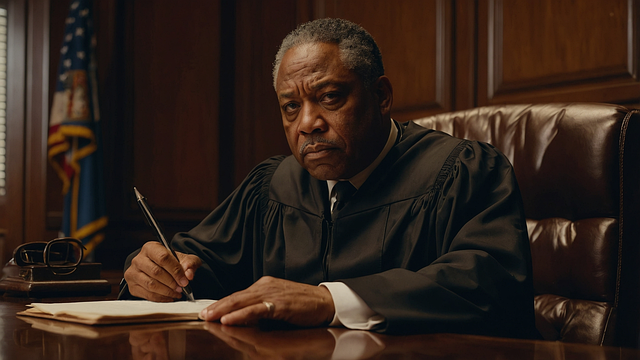Pedestrians' rights are essential for creating safer, healthier communities. Understanding and advocating for these rights, including access to affordable DUI legal services, can reduce accidents, promote physical activity, and lower stress-related health issues. By prioritizing pedestrian safety through community advocacy, tailored legal aid, and policy changes, we can foster walkable neighborhoods, enhance mental well-being, and create a culture of road accountability.
In today’s urban landscape, ensuring safe streets for pedestrians is paramount. This comprehensive guide delves into the essential rights of pedestrians and their impact on public health and well-being. We explore strategies for advocating better safety laws while emphasizing the role of affordable legal aid in protecting all pedestrians. Understanding your rights and navigating the complexities of pedestrian safety can be revolutionized with access to affordable DUI legal services, ensuring accessibility for everyone.
- Understanding Pedestrians' Rights: A Comprehensive Guide
- The Impact of Safe Streets on Public Health and Well-being
- Affordable Legal Aid: Ensuring Accessibility for All Pedestrians
- Strategies to Advocate for Better Pedestrian Safety Laws
Understanding Pedestrians' Rights: A Comprehensive Guide

Understanding Pedestrians’ Rights is essential for every citizen, especially with the increasing focus on creating safer streets. In many jurisdictions, laws exist to protect pedestrians from potential hazards and ensure their well-being while using public spaces. These rights are often overlooked, but they play a crucial role in maintaining order and fostering a sense of security within communities. By recognizing and exercising these rights, pedestrians can actively contribute to building a culture of road safety and accountability.
Pedestrians have the right to move about freely on public pathways without fear of harm. This includes the right to cross streets at designated crossings or intersections, ensuring drivers yield to them. Additionally, affordable DUI legal services can offer guidance and protection when dealing with potential violations or accidents. It’s vital to be aware of local laws and regulations to assert these rights effectively. Understanding one’s pedestrian privileges is a powerful tool for advocating for safer neighborhoods and roads.
The Impact of Safe Streets on Public Health and Well-being

Safe streets are not just about preventing accidents; they significantly contribute to public health and well-being. Research has shown that communities with robust pedestrian infrastructure experience lower rates of obesity, depression, and stress-related disorders. Walkable neighborhoods encourage physical activity, leading to better cardiovascular health and reduced risks of chronic diseases. Moreover, safe walking environments can enhance mental clarity and overall happiness by promoting social interactions and access to green spaces.
In contrast, poorly designed streets with high traffic volumes and speeds can have detrimental effects on residents’ health. Air pollution from vehicles, increased noise levels, and the stress associated with navigating hazardous road conditions can lead to various health issues. Thus, prioritizing pedestrians’ rights and creating safe street environments is a holistic approach that benefits individuals and communities by fostering healthier lifestyles and improved quality of life, even indirectly through reduced legal concerns like Affordable DUI Legal Services.
Affordable Legal Aid: Ensuring Accessibility for All Pedestrians

In any discussion about safe streets for pedestrians, ensuring accessibility to affordable legal aid is a cornerstone. Pedestrians, especially those from vulnerable communities, often face unique challenges when it comes to legal protection on public avenues. Many find themselves intimidated by complex legal systems and prohibitive lawyer fees, which can deter them from asserting their rights. This is particularly true in cases of DUI (Drunk Driving Under Influence) where immediate access to affordable DUI legal services can make a significant difference in outcomes.
Affordable legal aid programs specifically tailored for pedestrians’ rights ensure that everyone, regardless of financial status, has the opportunity to navigate legal proceedings effectively. These initiatives often involve non-profit organizations and government bodies working together to provide legal assistance at minimal costs or even free of charge. By making such services accessible, communities foster a safer environment where pedestrians can move about without fear, knowing they have the backing of the law.
Strategies to Advocate for Better Pedestrian Safety Laws

Advocating for better pedestrian safety laws is a collective effort that requires engagement at various levels. One effective strategy is to join or form local advocacy groups focused on traffic safety. These groups can amplify their voice by organizing peaceful protests, petition drives, and community meetings to raise awareness about pedestrian rights. Utilizing social media platforms to share stories and data related to pedestrian accidents can also spark public interest and put pressure on local governments to act.
Additionally, contacting elected officials and sharing personal experiences can make a significant impact. Many cities have open lines of communication for citizens to suggest improvements. Engaging with law enforcement agencies to understand current traffic regulations and proposing amendments based on real-life incidents further strengthens the case for safer streets. Moreover, leveraging legal expertise from affordable DUI legal services can help in understanding existing laws and guiding advocacy efforts towards effective policy changes.
In conclusion, ensuring pedestrians’ rights and safe streets is a multifaceted endeavor that intertwines public health, legal accessibility, and advocacy. By understanding our rights, promoting comprehensive legal aid like affordable DUI legal services, and adopting effective strategies to push for better safety laws, we can foster inclusive communities where walking is not just permitted but celebrated. Let us collectively work towards creating streets that prioritize the well-being and freedom of all pedestrians.






